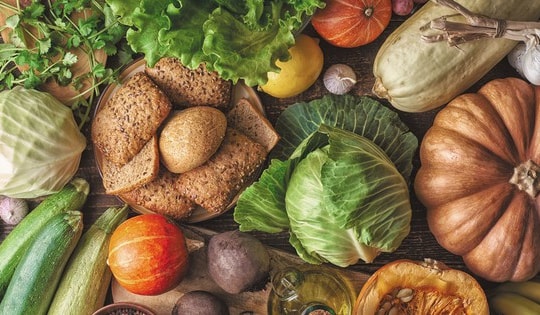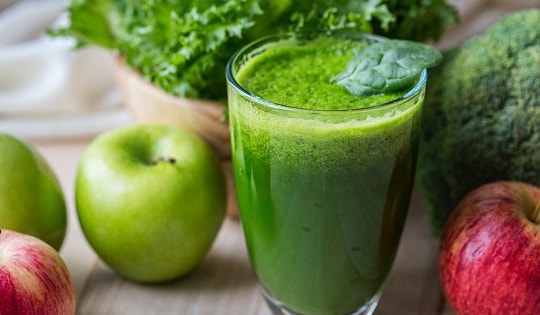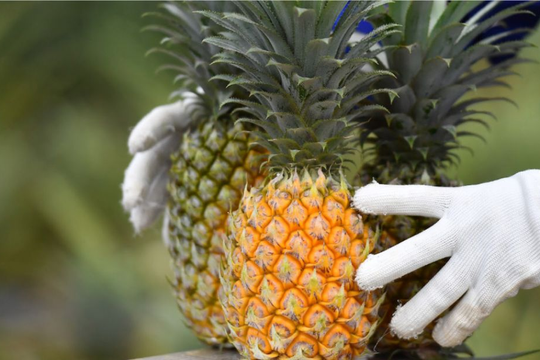4 types of vegetables you should not eat much
Everyone knows that eating vegetables is good for you, but not all vegetables are created equal. In fact, there are some vegetables that you may want to stay away from because they cause bloating, weight gain, or inflammation. Here are some vegetables that you should avoid eating a lot of:
Vegetables high in starch

According to a Harvard University study, you should avoid these vegetables if you want to lose weight. Researchers surveyed the fruit and vegetable consumption of more than 133,000 adults in the US and found that those who ate more starchy vegetables gained more weight, while those who limited their starch intake actually lost weight.
Starchy vegetables include potatoes, corn, peas, pumpkin, and sweet potatoes. Many people believe that sweet potatoes have health benefits because they are rich in vitamins and fiber, however, it is best to eat sweet potatoes in moderation.
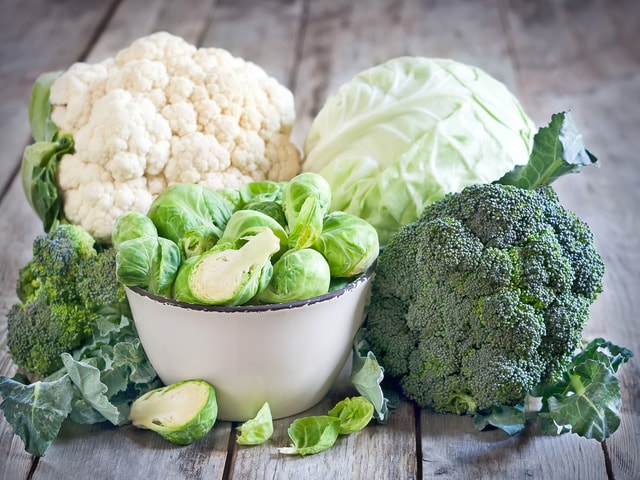
Cruciferous vegetables
Kale, broccoli, and cauliflower are all highly touted foods. However, while these vegetables are high in fiber, low in calories, and packed with nutrients, they can also cause bloating.
This is because we don’t have the enzyme to digest raffinose, a complex sugar found in cruciferous vegetables. So when these vegetables enter the small intestine, they are fermented by bacteria and produce methane, carbon dioxide, and hydrogen gas, leading to bloating.
Nightshade vegetables
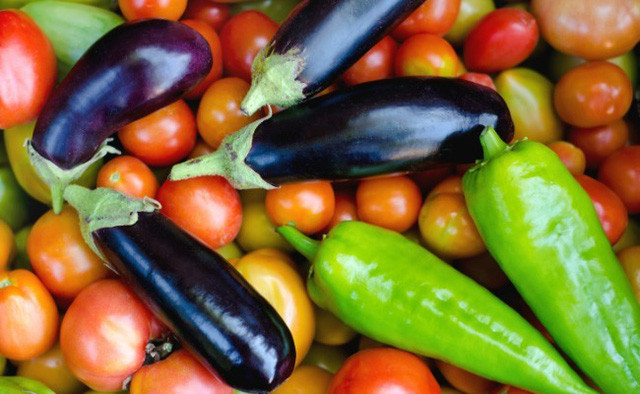
You may not know how to classify them, but you'll definitely recognize these vegetables at the grocery store: eggplants, bell peppers, and tomatoes are examples of nightshade vegetables. They're all part of the Solanaceae plant family, which produces an alkaloid compound called solanine.
Many nutritionists recommend avoiding these vegetables because they can cause inflammation. In the long term, inflammation can cause joint pain, digestive problems, sleep disorders, premature aging, and chronic disease. However, research is inconclusive and these vegetables continue to be a controversial topic.
Vegetables that are easily contaminated
Every year, the Environmental Working Group (EWG) releases a list of the 12 fruits and vegetables with the highest levels of pesticide residue. According to the organization’s website, the U.S. Department of Agriculture (USDA) has found a total of 178 different pesticides on thousands of produce samples, even after the food has been washed.
While spinach is one of the healthiest vegetables you can eat, it's also the dirtiest vegetable on this year's list (second only to strawberries). According to the EWG, spinach samples had twice as many pesticide residues as any other produce.
According to Dantri
| RELATED NEWS |
|---|

